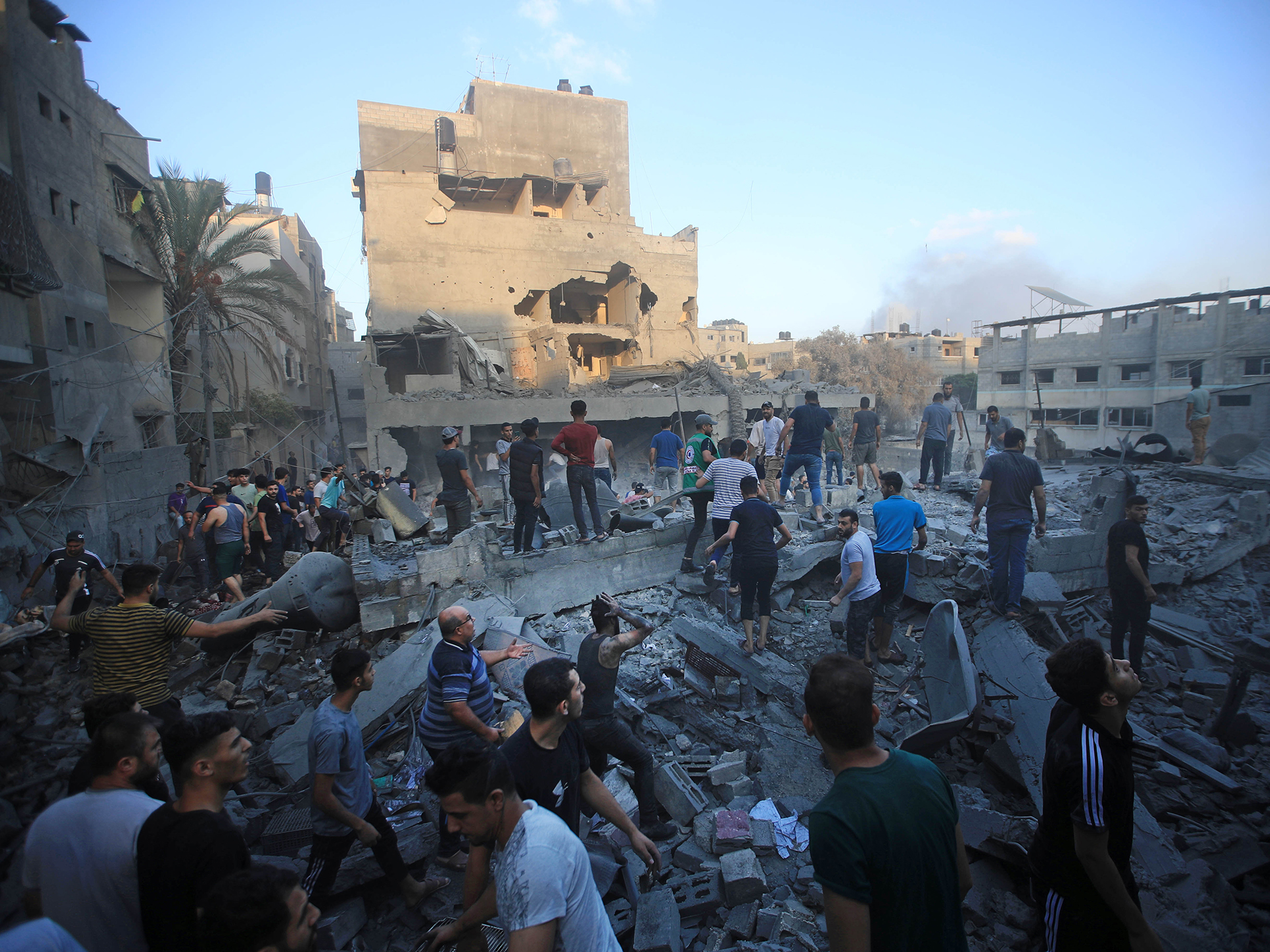JERUSALEM, September 15, 2017 (WAFA) – The absence of a political process for achieving the two-state solution remains a serious impediment to Palestine‘s development, according to the latest report issued by the Office of the United Nations Special Coordinator for the Middle East Peace Process (UNSCO).
The report notes that, "Fifty years have passed since the 1967 war and 24 years since the signing of the Oslo Accords, we are no closer to a sustainable solution that meets the needs and aspirations of Palestinians and Israelis alike.”
The report will be presented to the Ad Hoc Liaison Committee (AHLC) at the bi-annual meeting in New York on September 18, 2017.
In its submission to the AHLC, UNSCO calls for renewed international engagement to help the parties overcome key obstacles. However, it also reminds the concerned parties of their responsibilities; Israel to immediately cease settlement activities and to commit itself to implement previously signed agreements.
At the same time, UNSCO warns that the deepening of the internal Palestinian divide is undermining the Palestinian cause.
The report cautions that despite efforts by the international community, no significant steps have been taken to create an enabling environment for a return to meaningful negotiations.
It urges both sides to comply with their basic commitments under existing agreements. "There continues to be an urgent need for affirmative steps to reverse the negative trends on the ground in order to prevent entrenching a one-state reality of perpetual occupation and conflict that is incompatible with realizing the national aspirations of both peoples," the report adds.
On Gaza, while the report notes the criticality of restoring unity and returning the legitimate Palestinian Authority to Gaza, it also cautions that the recent measures taken to pressure Hamas into abolishing the controversial Administrative Committee are "profoundly affecting the population and aggravating an already severe humanitarian crisis", most notably in the Energy Sector.
Moreover, attempts to negotiate a compromise that would provide the Government full control of the energy sector in Gaza, stabilize the supply of electricity and guarantee the transparency of revenue collection, did not bear fruit, said the report.
The report noted that despite the impact of the internal political crisis nearly all schools, hospitals, water and energy facilities that were damaged or destroyed in 2014 conflict in Gaza have now been repaired. The reconstruction and repair of destroyed and damaged houses also continues to progress, it said.
The Gaza Reconstruction Mechanism (GRM) has played a critical role in facilitating increased imports of construction materials, but has been less successful in facilitating the import of "dual use" materials beyond cement and re-bar, the report adds.
On the West Bank, and over the past five months, the report noted the majority of the land continued to remain off-s to Palestinian development. "Israel‘s control over Area C largely prevents Palestinian access to some of the West Bank‘s most fertile land and rich natural resources. The restrictive zoning and planning regime, continued settlement expansion, and designation of land for exclusive Israeli use, continues to constrain Palestinian development and further erodes the viability of Palestinian statehood."
The report called on the international community to strengthen its support to Palestinian communities in Area C, in addition to supporting efforts to facilitate the implementations of agreements on energy and water in particular to help change the reality on the ground and move the parties closer together.
The United Nations continues to demonstrate its commitment by its actions on the ground, the report concluded.
"The agreement on a new UN Development Assistance Framework (UNDAF) with the Office of the Prime Minister, stands as a testament to the UN‘s commitment to Palestine, its goal of achieving independence and the two-state solution. The UN stands ready to support the parties and the international community in achieving progress wherever possible."
T.R.










